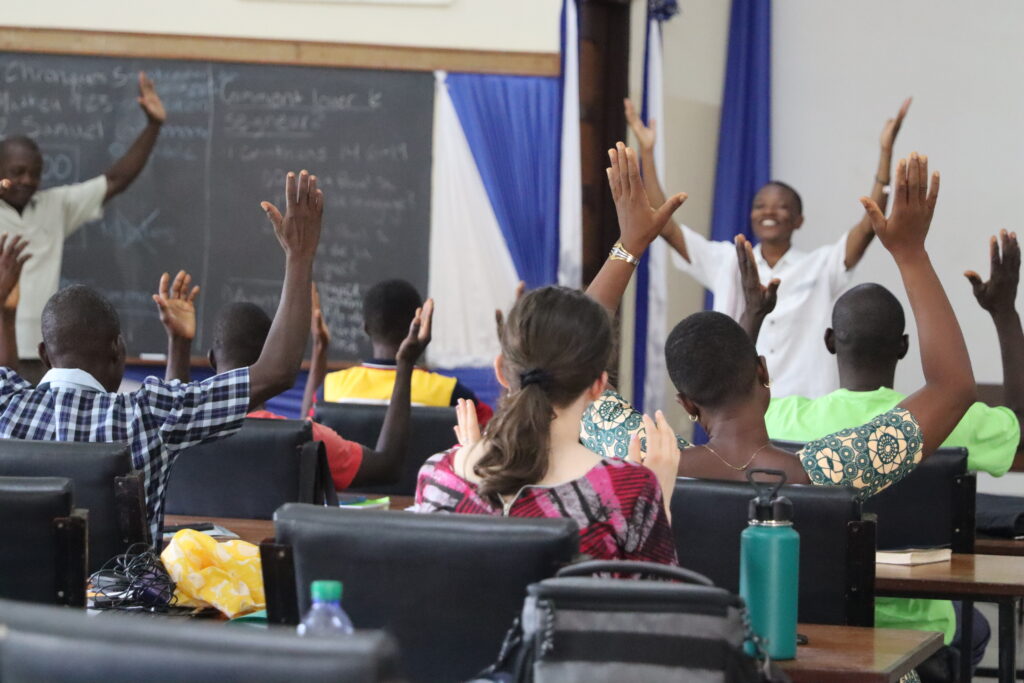Overview
From May 20-31, 2024, the Togo workshop focused on integrating Psalms into local musical traditions (including local instruments), particularly in the Kabiyè language. This workshop was a part of Sarah Jane Capper’s research on the impact of local arts as a vehicle for Scripture. Participants explored the structure, meaning, and artistic expression of Psalms through internalization and exegesis using Layer by Layer materials, then through songwriting, translation, and performance. For the Layer by Layer team, we wanted to test: is it possible to equip musicians with the understanding they need in order to compose beautiful, accurate Psalms: songs that captivate a community?
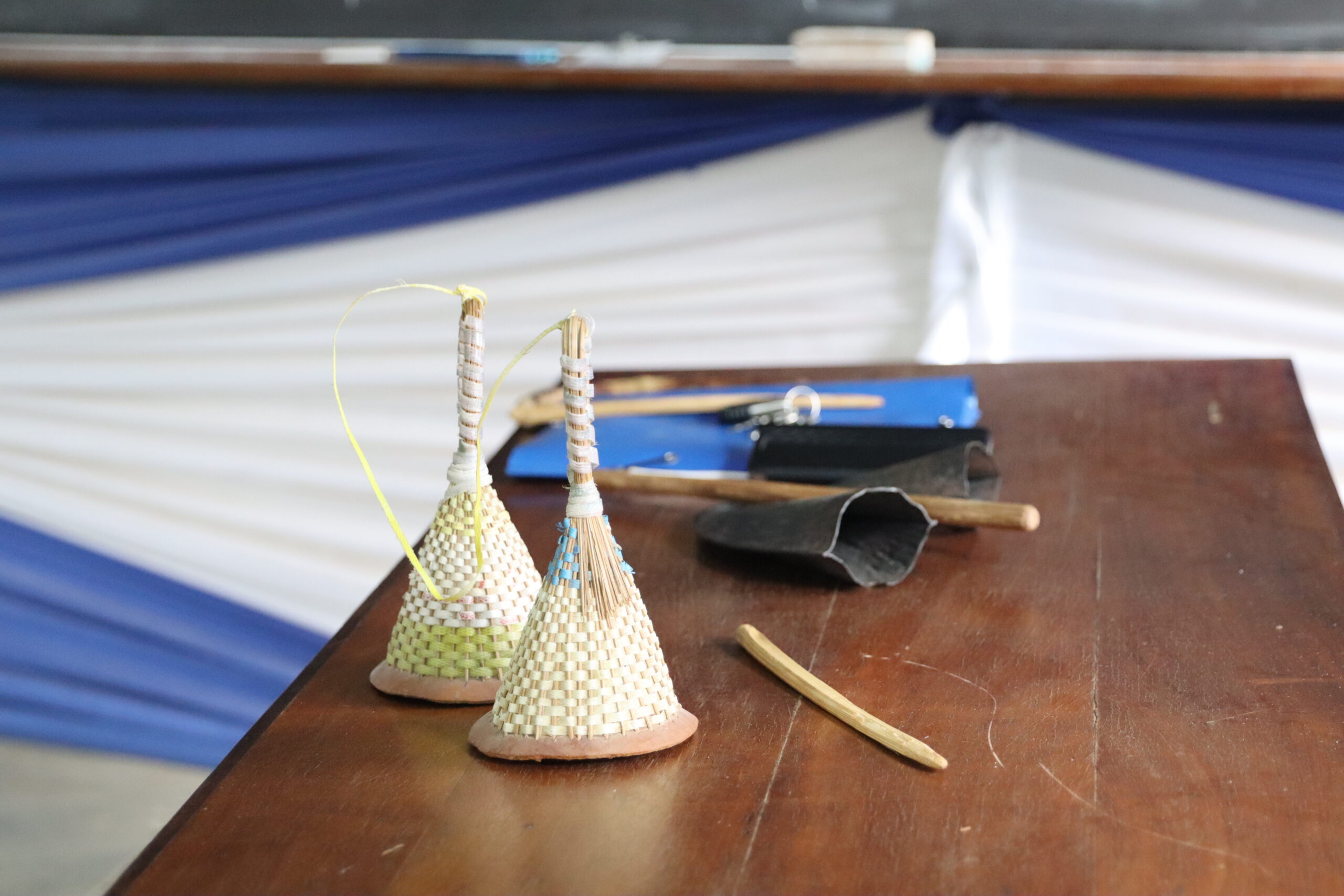
Workshop Highlights
- Understanding the Psalms: Attendees, most of whom with little or no exegetical experience, gained deep insights into the Psalms, moving beyond literal translations to cultural adaptation.
- Creativity in Composition: The training inspired new approaches to songwriting using Psalms, incorporating historical context, imagery, and poetic devices.
- Cultural Integration: The workshop demonstrated how Kabiyè musical traditions could be celebrated and used to convey the message of the Psalms, fostering greater local engagement.
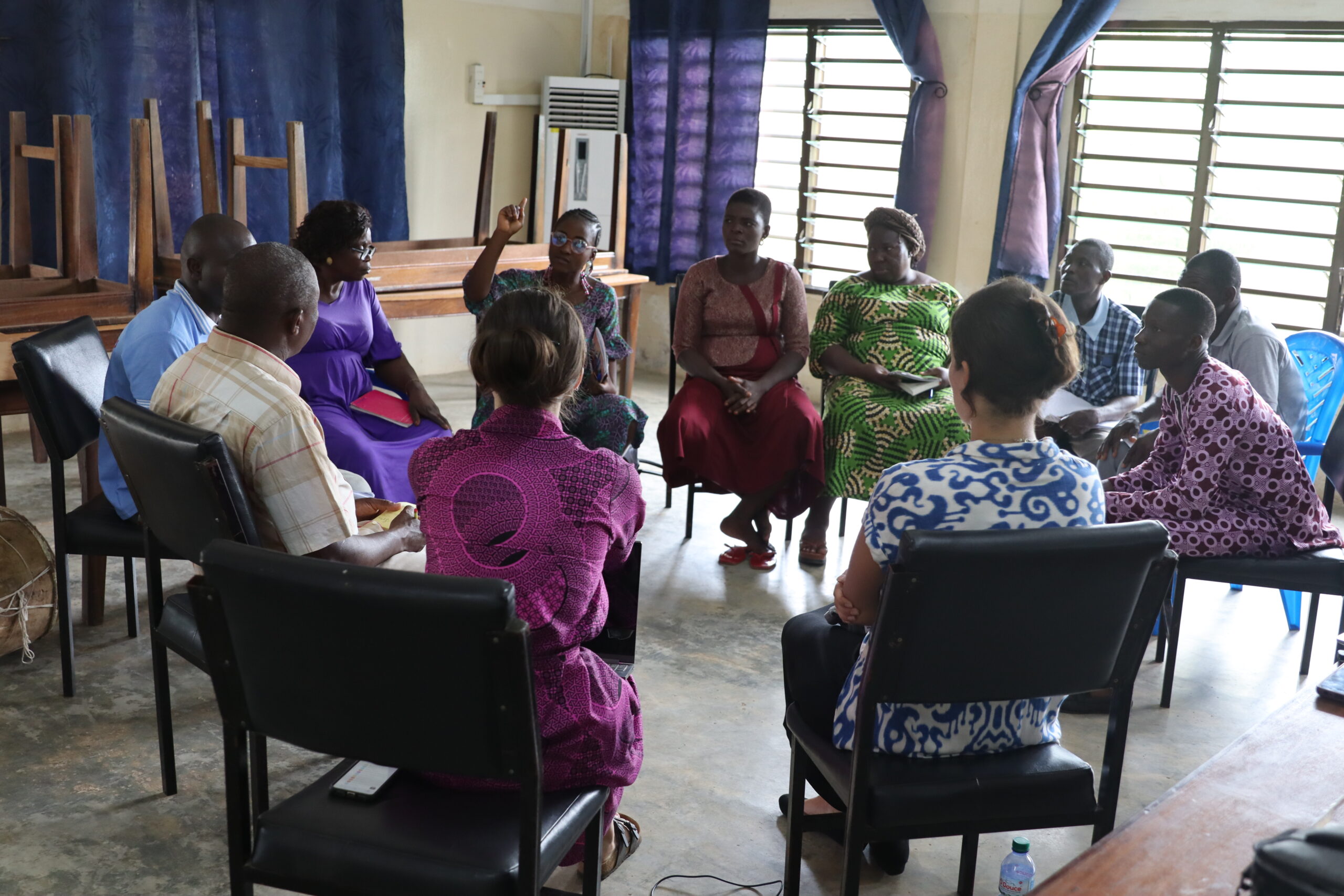
Psalm 6, 118, and 150 Verification
The songs that were produced by the attendees were checked by consultants or consultants-in-training for accuracy. The process included:
- Textual Accuracy: Ensuring consistency between the transcribed lyrics and audio recordings with the Hebrew text.
- Structural & Chronological Integrity: Adjusting the song’s flow to align with the psalm’s message and exegesis, both on a big-picture and detailed level.
- Performance & Emotion: Evaluating how well the song conveyed the genre, emotions, imagery, and themes of these three psalms.
- Final Adjustments: Improving clarity, coherence, and artistic beauty.
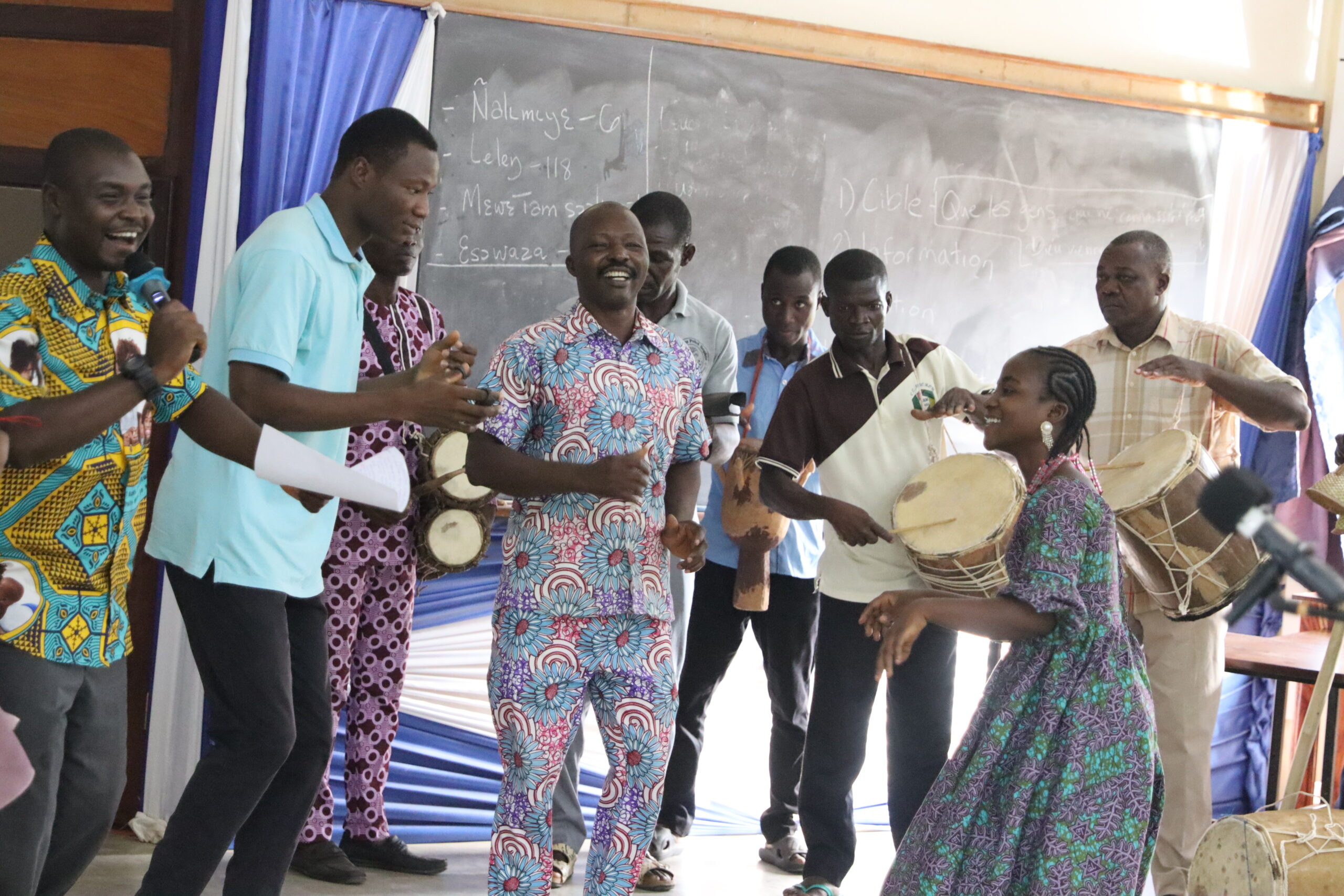
The consultant checking process revealed that few changes were needed to the compositions–the songs were overall relatively accurate to the Hebrew psalm, which is quite an achievement for a group in which most were completely inexperienced in exegesis or translation. This shows that the internalization and exegesis process, using LbL materials, was highly effective and accessible for the participants.
Participant Feedback
- Highly Appreciated Training: Participants valued the deeper understanding of Psalms and their relevance to songwriting. They delighted in using their gifts as musicians, exploring and celebrating their local musical traditions, and diving deeply into the Psalms, using orality and internalization to gain a better understanding of the Psalms than ever before.
- Effective Resources: Visual aids, synthesis overviews, and historical context were particularly useful. The overview videos proved challenging, however, and hinted that perhaps these videos should be aimed at facilitators rather than beginner translators.
- Desire for More Workshops: Many requested further training, especially for pastors, to enhance biblical interpretation and engagement in the Kabiye community.
- Need for Professional Musical Input: Some suggested involving professional musicians to refine compositions.
Conclusion & Future Steps
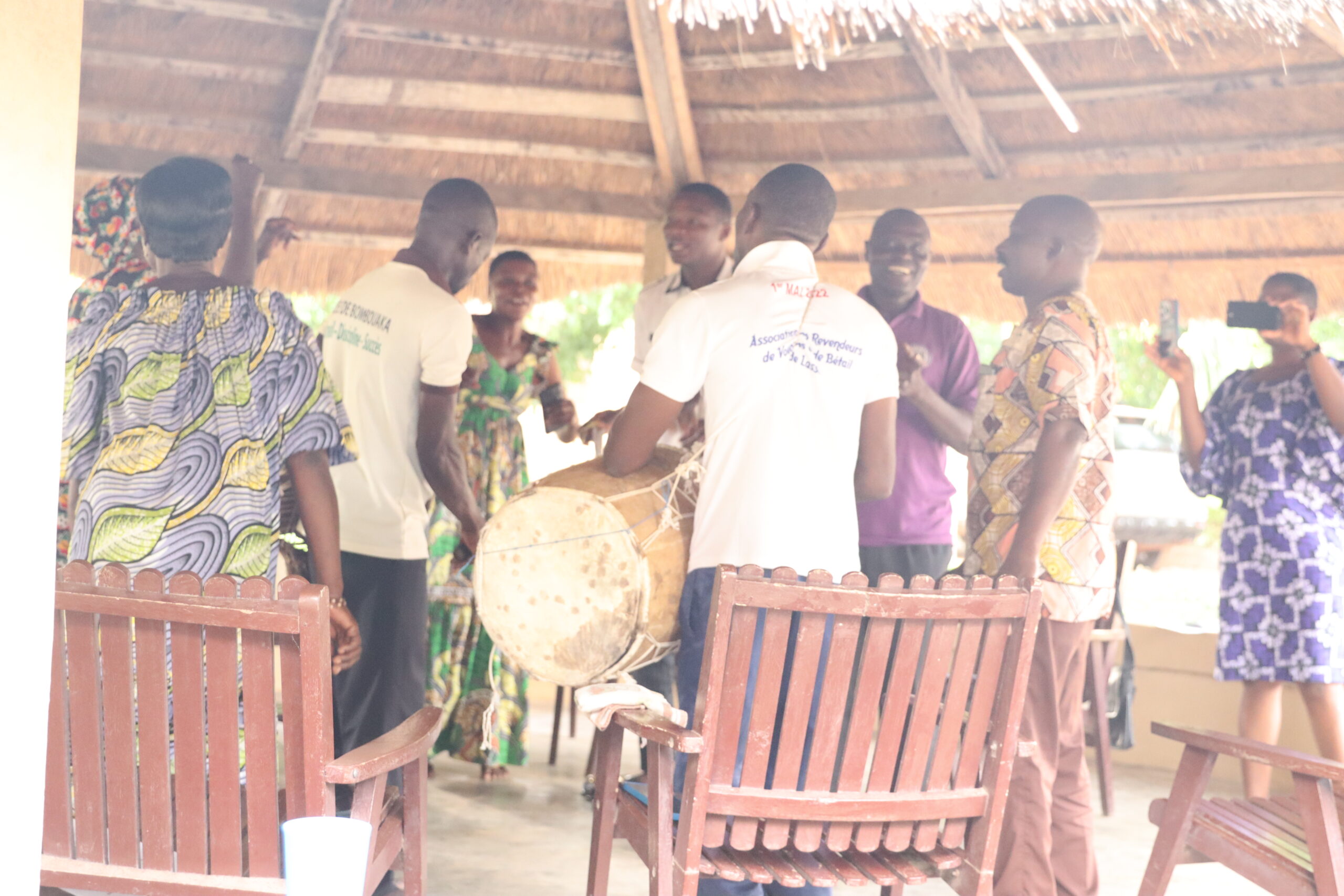
The workshop successfully equipped participants with tools for internalizing, exegeting, and creatively applying Psalms in their local music genres. The integration of biblical exegesis with Kabiyè musical traditions was well-received. Future plans include additional workshops, further collaboration with musicians, and more Psalm song compositions, with the desire to continue using Layer by Layer materials as they are made available in French.
Acknowledgments Special thanks to Sarah Jane, the Scriptura team, and all participants for their contributions to this enriching experience.


